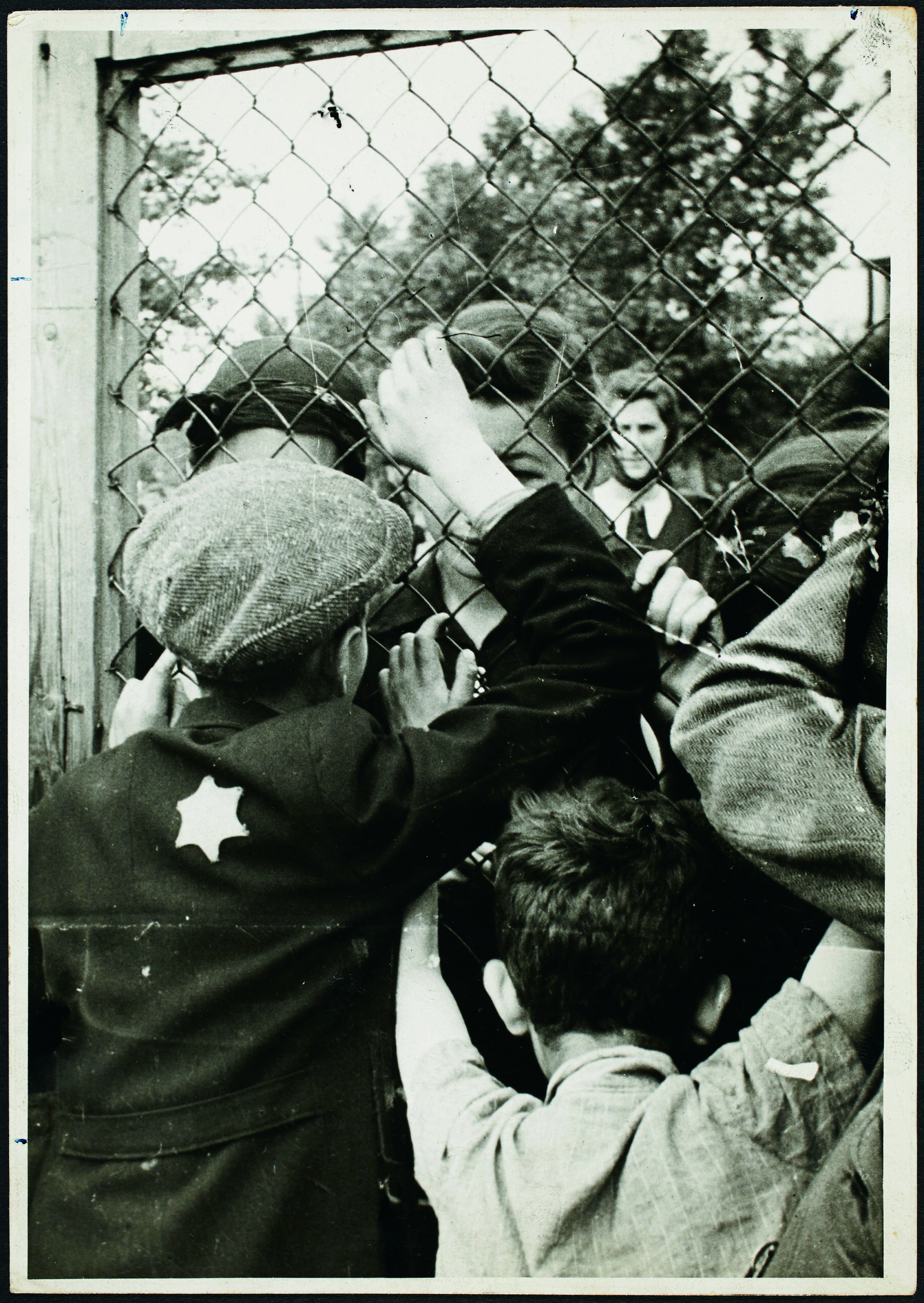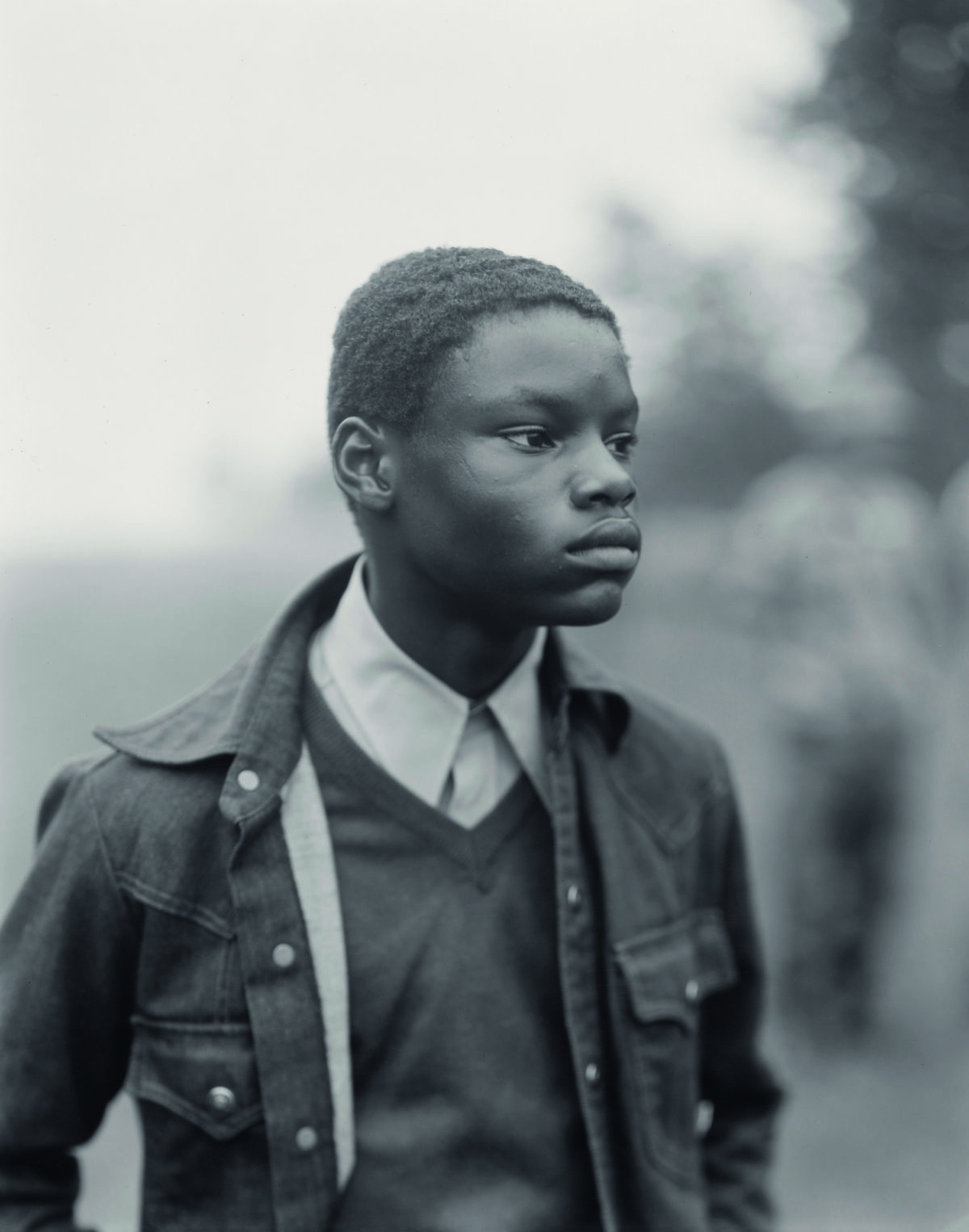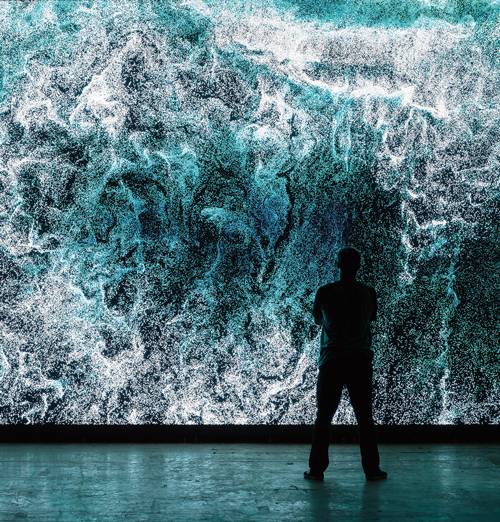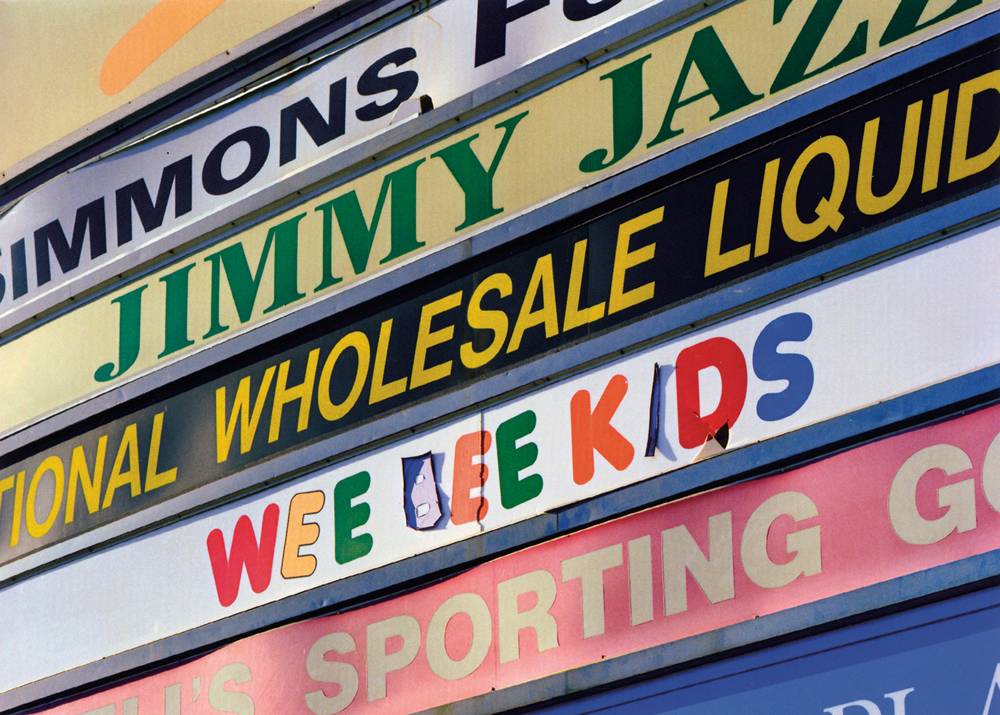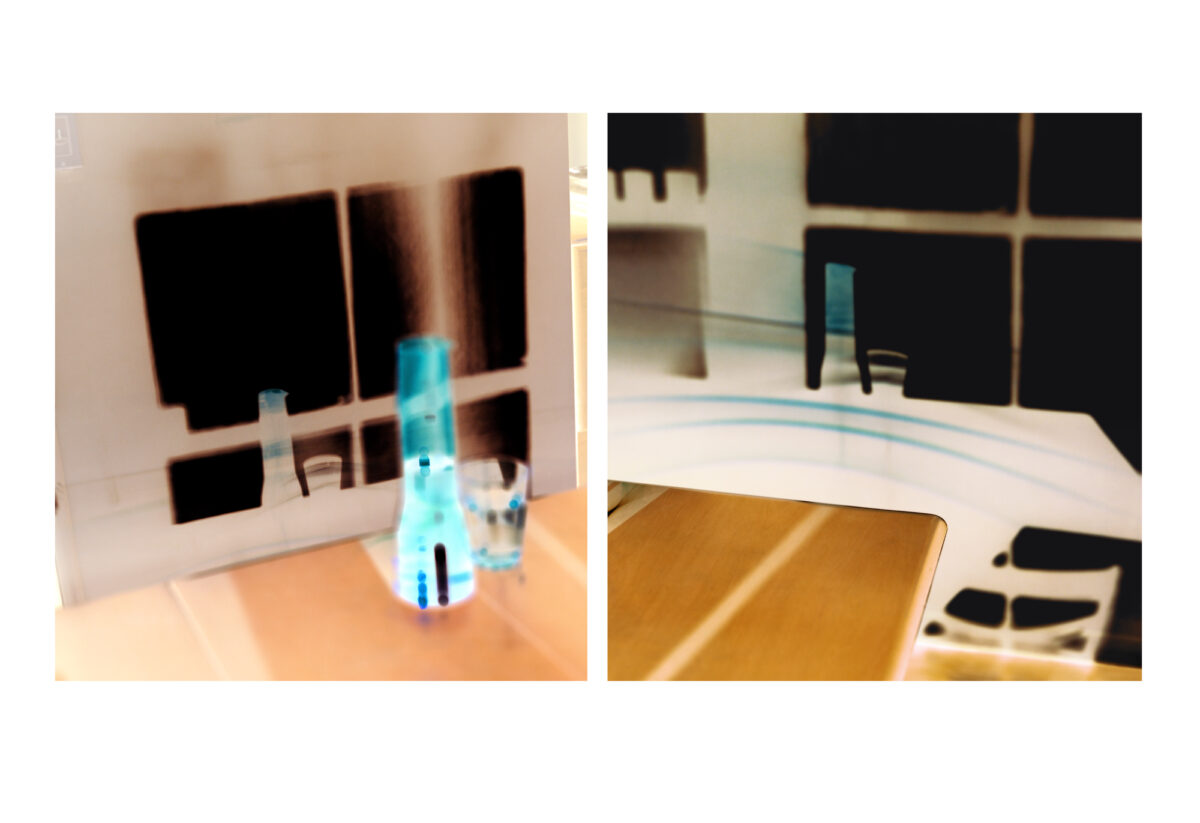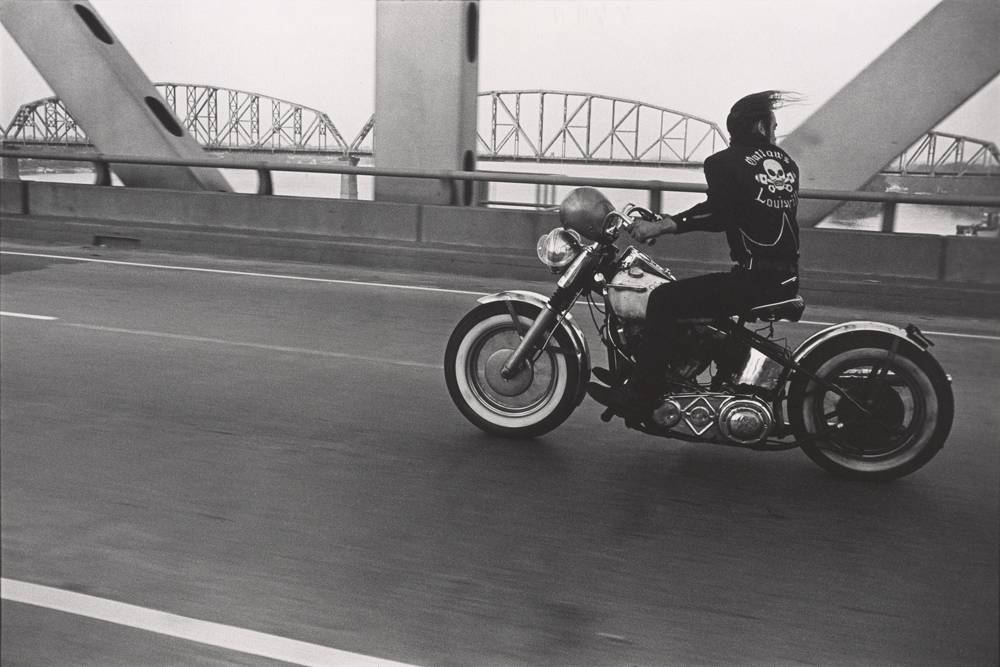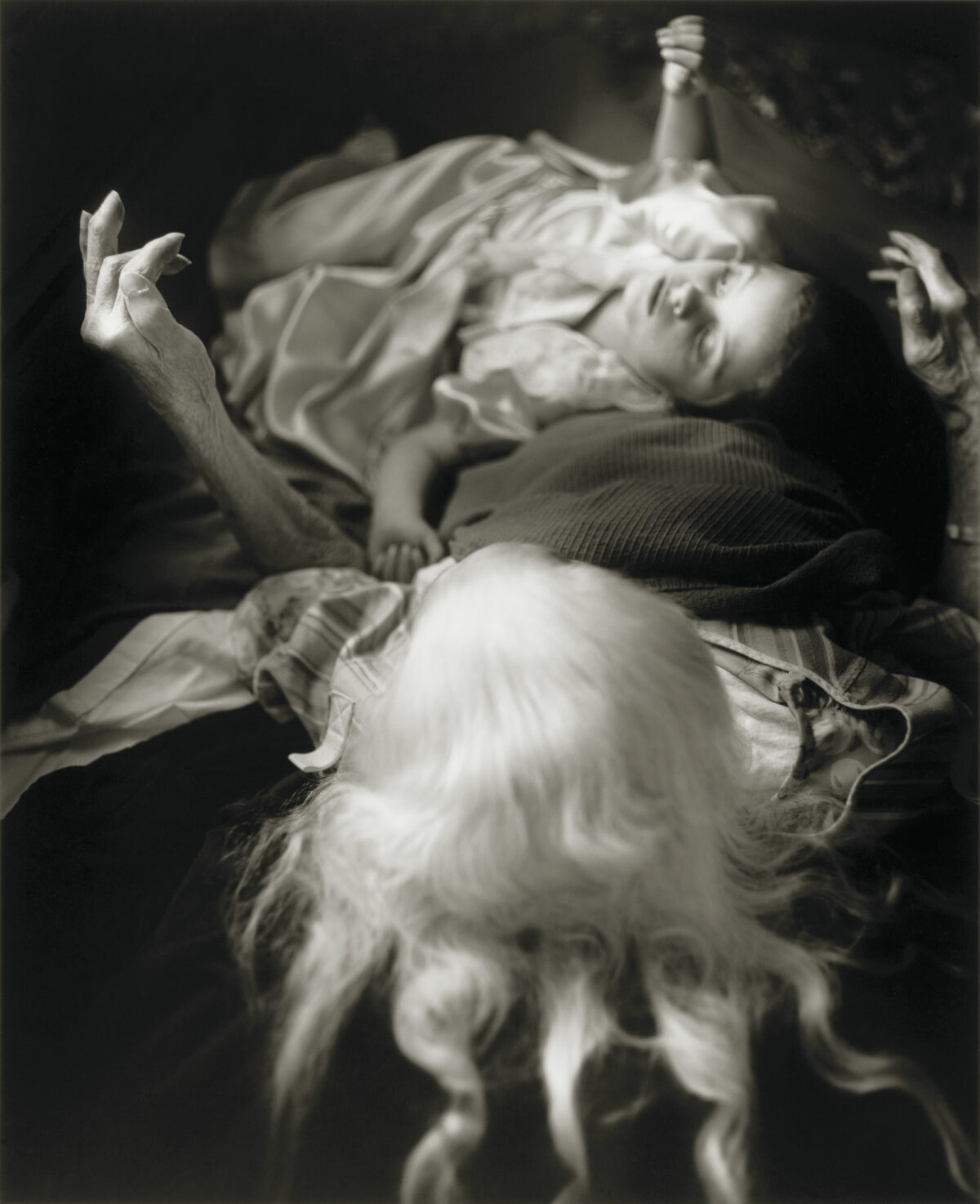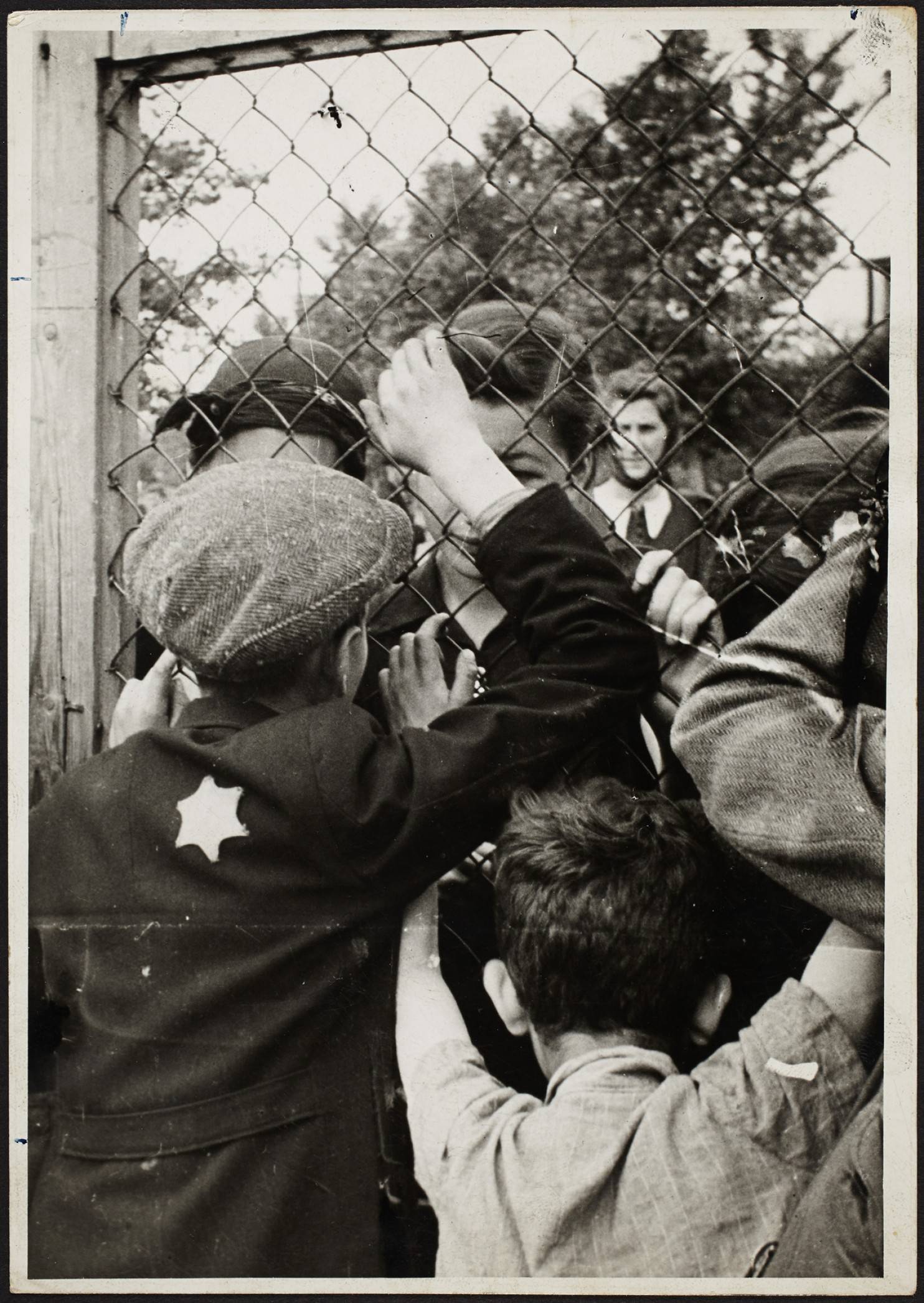

When you suppress a memory, it returns as trauma. This Freudian chestnut takes on shockingly literal form in the exhibition Memory Unearthed. Henryk Ross, the official photographer of the Jewish ghetto in Lodz, Poland, took hundreds of photographs of his fellow countrymen and women as they suffered under the Nazi regime. When the Lodz ghetto was shut down in 1944, and 70,000 of the Lodz Jews were sent to Auschwitz, Ross, along with his wife and 875 other residents, was held back to “clean up.” Ross buried his negatives in the ground in order to preserve them, and dug them up when he knew he would live after the ghetto was liberated in 1945.
One can only imagine the horror of living through the Holocaust. Ross willingly relived it over and over: he testified in the 1961 trial of Adolf Eichmann and then decided to release his archive so that others could witness the devastation of his home and community. The images, on view at the MFA Boston through July 30, are not going to surprise anyone with even a passing understanding of Nazi history, but they are heartbreaking nonetheless: skeletal men begging on the street; children digging in the dirt for discarded food, families being separated during deportation. In some ways, the propagandistic images that Ross was forced to take in his role as the official photographer are even more disturbing: hardworking Jews cheerfully stuffing mattresses or ironing textiles.
The unique power of this show is that it not only captures the events of the time, but their reframing some years later, once the true extent of Nazi barbarity had been more or less comprehended. In 1962, Ross published a book of his photographs; he obsessed over an image of a family trudging through the snow to deportation and almost-certain death, focusing on a young boy stooped under a heavy sack. Ross took pains to develop the image just right, reversing it, or superimposing it onto a picture of a temple in ruins, the Jewish star prominent in the background. The fixation is understandable. The solitary boy marching without hope encapsulates all of the despair, the disbelief, and the overwhelming sense of loss that Ross himself must surely have felt.

